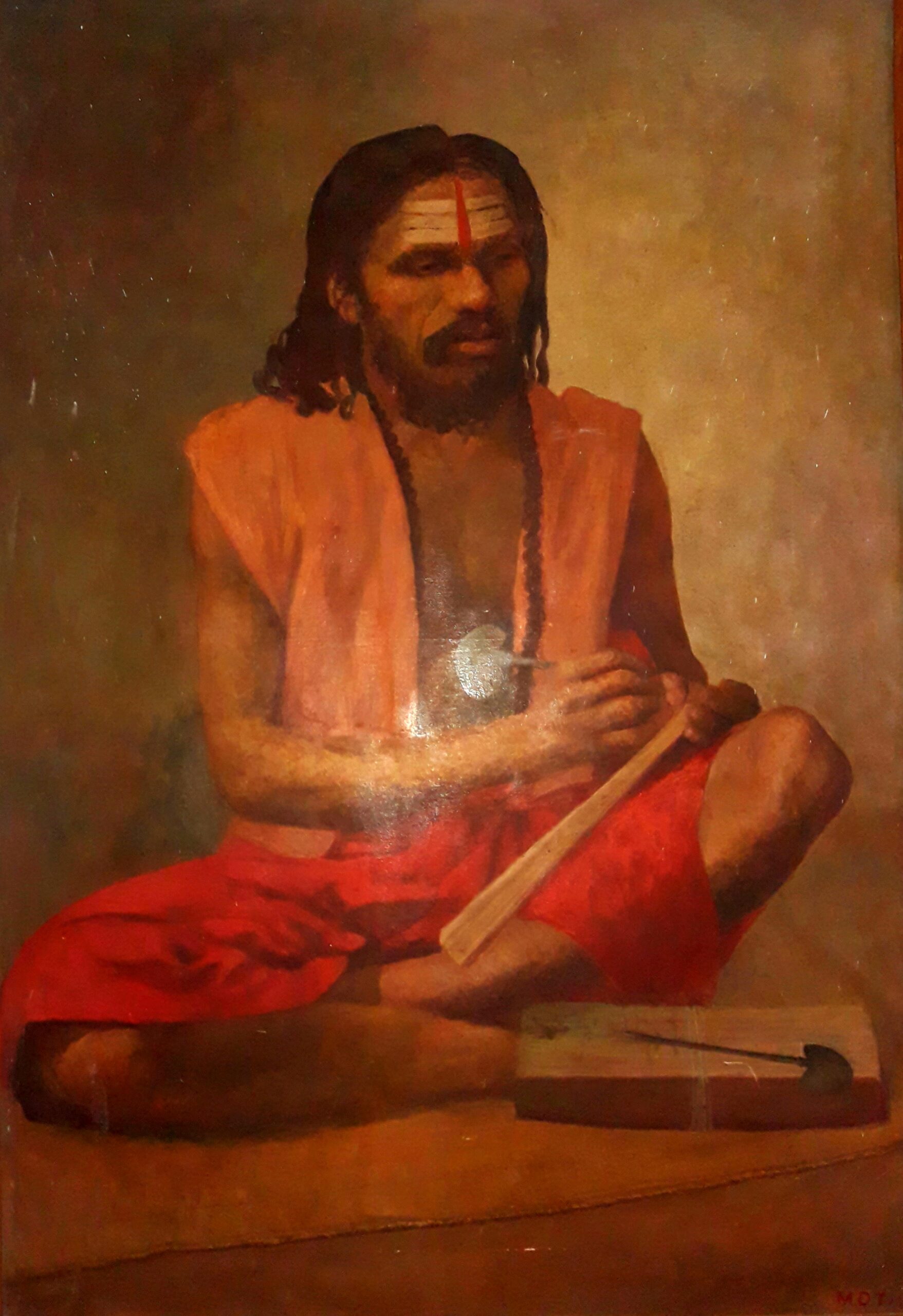The Hon’ble President of India, Smt. Droupadi Murmu, attended the birth anniversary celebrations of Adikabi Sarala Das at Cuttack, Odisha.
On this occasion, she presented the prestigious Kalinga Ratna Award 2024 to Shri Dharmendra Pradhan, Hon’ble Union Minister for Education.
The President congratulated:
Shri Dharmendra Pradhan for receiving the Kalinga Ratna Award 2024.
Shri Bijaya Nayak for receiving the ‘Sarala Samman’ literary award.
She appreciated Sarala Sahitya Sansad for preserving Sarala Das’s legacy and organizing literary programs in his honour.
The President highlighted:
Adikabi Sarala Das’s contribution to Indian literature through the Odia Mahabharata and other works.
India’s cultural and linguistic diversity, describing it as a rainbow of unity amidst diversity.
The importance of Indian languages in education, praising the National Education Policy 2020 for promoting mother-tongue education, while also encouraging learning other languages.
About Adikabi Sarala Das: Life and Literary Contributions
Adikabi Sarala Das is revered as the originator of Odia literature, born in Kanakavati Patana (modern Jagatsinghpur District, Odisha).
Known for authoring three major Odia epics:
Mahabharata (Odia version)
Vilanka Ramayana
Chandi Purana
He also wrote Laxmi Narayana Vachanika.
His early name was Siddheswara Parida; later known as Sarala Das (‘Servant of Sarala’), after Goddess Sarala who, according to legend, blessed him with poetic abilities.
Sarala Das received no formal education and was self-taught, attributing his knowledge to divine grace.
He composed much of his poetry at Munigosain, and spent his last years in a mutt near river Budha nadi.
Though following the Sanskrit Mahabharata, Sarala Das introduced original stories and local narratives, making his Odia Mahabharata unique.
His Mahabharata is regarded as a new creation, akin to Kalidasa’s Raghuvamsa.
His writing style:
Simple, direct, and musical, avoiding excessive Sanskritisation.
Used colloquial language for public accessibility.
Emphasized religious themes over romantic ones.
Notable for its distinct metrical structure and folk style influence.
His Chandi Purana narrates Goddess Durga’s battle with Mahishasura but includes deviations from Sanskrit tradition.
His Vilanka Ramayana narrates the fight between Rama and Shahasrasira Ravana.
Sarala Das was conferred the title ‘Sudra Muni’ by the Mukti Mandap Pandit Sabha, recognizing his spiritual contributions.
He is believed to have served as a soldier in the army of the Gajapati King of Odisha, with his military experiences reflected in his writings.







